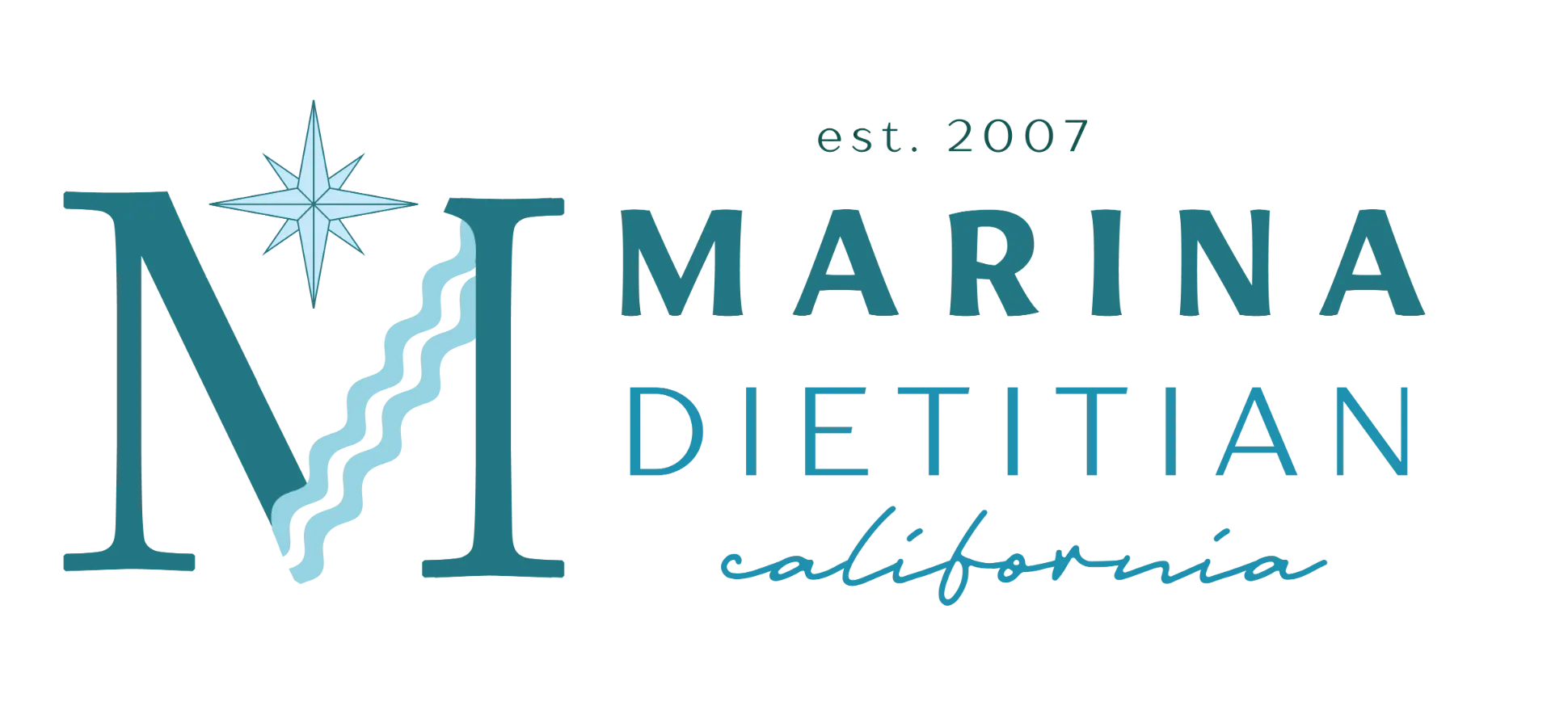The role of dietitians, what they do, and why everyone should have a personal dietitian…
Typically, I hear: “Who’s your therapist” or “Who’s your doctor?”. However, I rarely hear: “Who’s your dietitian?”. I hope that soon a Registered Dietitian will be in high demand.
Nutrition is a trendy subject in most people’s minds. However, more and more people seek nutrition or diet advice from celebrities, influencers, and other non-qualified individuals. By this time, many people have learned how inaccurate nutrition advice can be if provided by individuals with no degrees. Navigating a healthy lifestyle can be challenging in a world where nutrition trends and dietary advice are on Google, YouTube, and social media. That’s where a dietitian comes in—a trusted professional who can guide individuals toward optimal nutrition and well-being.
I want to clarify the role of a registered dietitian as an expert in nutrition and how a dietitian can transform lives through the power of food.
Every registered dietitian is a nutritionist, but not every nutritionist is a registered dietitian. When you seek professional nutrition advice, you should get advice only from a Registered dietitian. Let’s explore what the registered dietitian does.
Registered dietitians assess individual needs:
Dietitians are skilled at conducting comprehensive assessments to evaluate an individual’s unique nutritional requirements. Dietitians can gain insights into specific needs, goals, and challenges through interviews, blood work analysis, health histories, and analyzing dietary patterns. This personalized approach lays the foundation for developing tailored nutrition plans.
Registered dietitians create personalized nutrition plans:
Based on their assessments, dietitians create personalized nutrition plans that consider an individual’s health status, dietary preferences, gender, cultural background, and lifestyle. These plans aim to optimize nutrient intake, improve chronic conditions, promote weight management, or enhance athletic performance. Dietitians work collaboratively with their clients and medical teams to set realistic goals and provide ongoing support and guidance.
Registered dietitians are experts in nutrition education and counseling:
Dietitians empower individuals with knowledge about nutrition principles, portion control, label reading, and healthy cooking techniques. By translating complex scientific information into practical advice, dietitians enable clients to make informed choices, cultivate more nutritious eating habits, and develop a positive relationship with food. Dietitians can provide guidelines on where to get the best wellness information and provide evidence-based nutrition education.
Chronic disease management and medical nutrition therapy:
Dietitians play a vital role in the management of various medical conditions. They provide medical nutrition therapy for individuals with diabetes, cardiovascular disease, gastrointestinal disorders, and food allergies. Dietitians collaborate with healthcare teams by integrating evidence-based research and therapeutic approaches to optimize treatment outcomes and enhance overall well-being. A few visits with a registered dietitian can significantly improve chronic disease management by applying medical nutrition therapy and science.
Community and Public Health:
Beyond one-on-one consultations, dietitians extend their expertise to the community and public health sectors. They engage in nutrition education programs, workplace wellness campaigns, and community outreach to promote healthier eating habits and prevent chronic diseases. Dietitians advocate for nutrition policies, contribute to food service management, and participate in research to drive positive changes on a larger scale. Many dietitians write grants that help improve public health and the community’s well-being.
Continual professional development:
Dietitians are committed to staying up to date with the latest research, trends, and advancements in the field of nutrition. They engage in continuous professional development, attend conferences, pursue advanced certifications, and collaborate with colleagues to ensure their clients’ highest standard of care.
Dietitians specialize in providing nutrition therapy to people with various health conditions and unique needs.
Yasi Ansari, MS, RDN, CSSD https://yasiansari.com/ predominantly works with athletes struggling with eating due to a diagnosed eating disorder, disordered eating, or those struggling with their body image.
Morgan Speik, RDN, https://nourishandnurturerd.com/ specializes in working with women struggling with infertility, pregnant and postpartum moms. In addition, she helps to navigate health conditions like heart disease, cancer, and gastrointestinal concerns to others who are in good health and want to stay that way.
Melissa Pearson, MS, RDN, LD, RYT, who is also a registered yoga teacher, https://www.mapnutritionandwellness.com/ offers nutrition counseling, yoga, meditation & breathwork to improve digestion, help with sleep, manage stress, improve concentration & performance, and strengthen your relationship with food.
Both Yasi and Melissa are former competitive dancers, and now they teamed up to provide nutritional guidelines for dancers.
The role of a registered dietitian encompasses far more than simply providing dietary advice. These professionals have the knowledge, skill, and empathy to guide individuals toward healthier lifestyles and improved well-being. By assessing individual needs, developing tailored nutritional plans, offering nutrition education, managing chronic diseases, and advocating for public health, dietitians served as a catalyst for positive change in individuals’ well-being. Whether seeking guidance for your health or aiming to make a difference in nutrition, a dietitian is a trusted source for a healthier, happier lifestyle.
Consulting the registered dietitian is always recommended for personalized advice or guidelines.
Who is your dietitian? Book a free discovery call with me today to find yours!



